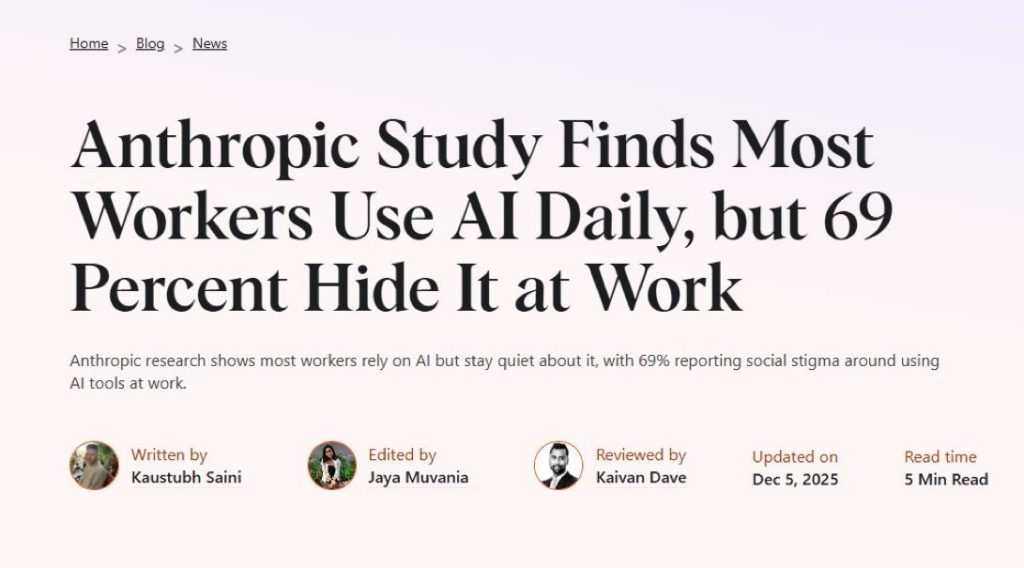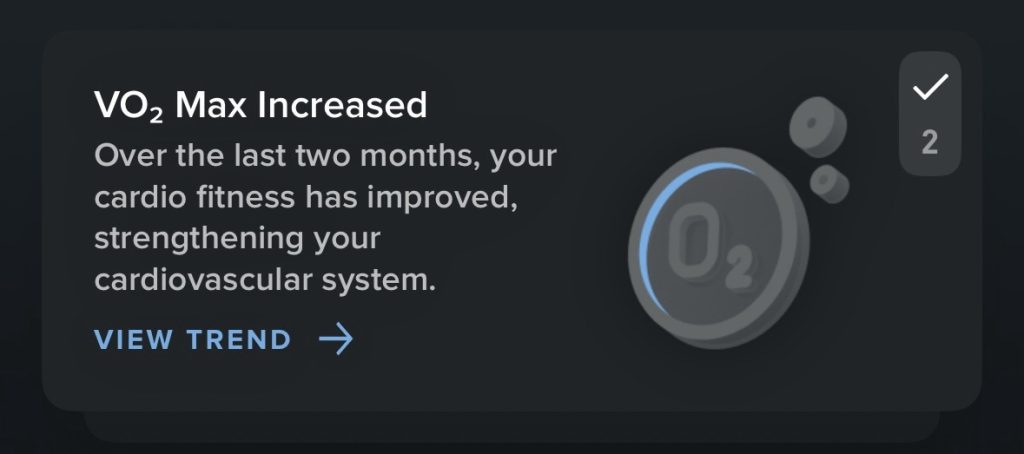I let something fester for far too long. A family member had some health troubles that were not immediately threatening and I didn’t want to push them. They promised to see to it after a lengthy set of other issues were resolved.
Well, now the list was all finished or at least that is the rationalizing we are all doing around it, as it’s gone too far to be left alone. And it has to be seen to with a surgery.
Now they are healthy, young and the damage can be undone with a little science but I can’t help but feel I failed them. I knew they were leaving it to fester but the first rule of medical ethics is informed consent. The patient chooses even if you think you know better. This goes for doctors just as much as family.
And so here I am feeling guilty that I knew they were putting it off based on actions that I was partially responsible for resolving. They kept pushing it off citing this and that needing to be done first.
Now budget was an oft cited reason and I aid on that to some degree but it was really about a whole tangle of issues or managing till it was unendurable. And I don’t control their endurance or capacity to tolerate discomfort.
I know I couldn’t have done anything to force the issue, especially when the pride of an individual is concerned, but I still feel like shit about it.
Why couldn’t I have pushed forward the other issues and projects to rid the excuses? Why wasn’t I more forceful insisting they get it looked at sooner?
You know how guilt works when you have some responsibility but no ultimate say in the doing of the deed.
Not only did they let it fester but now it will fester with me as I try to forgive myself for something I couldn’t have changed. The body is sovereign and it wasn’t mine so I better let it go and help them recover.


